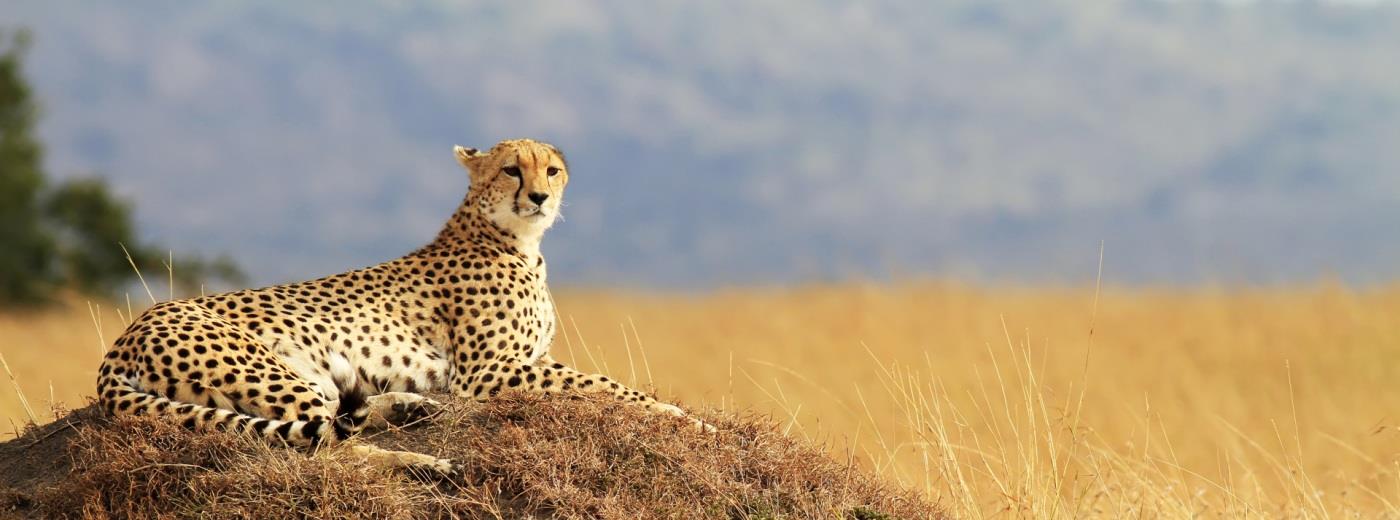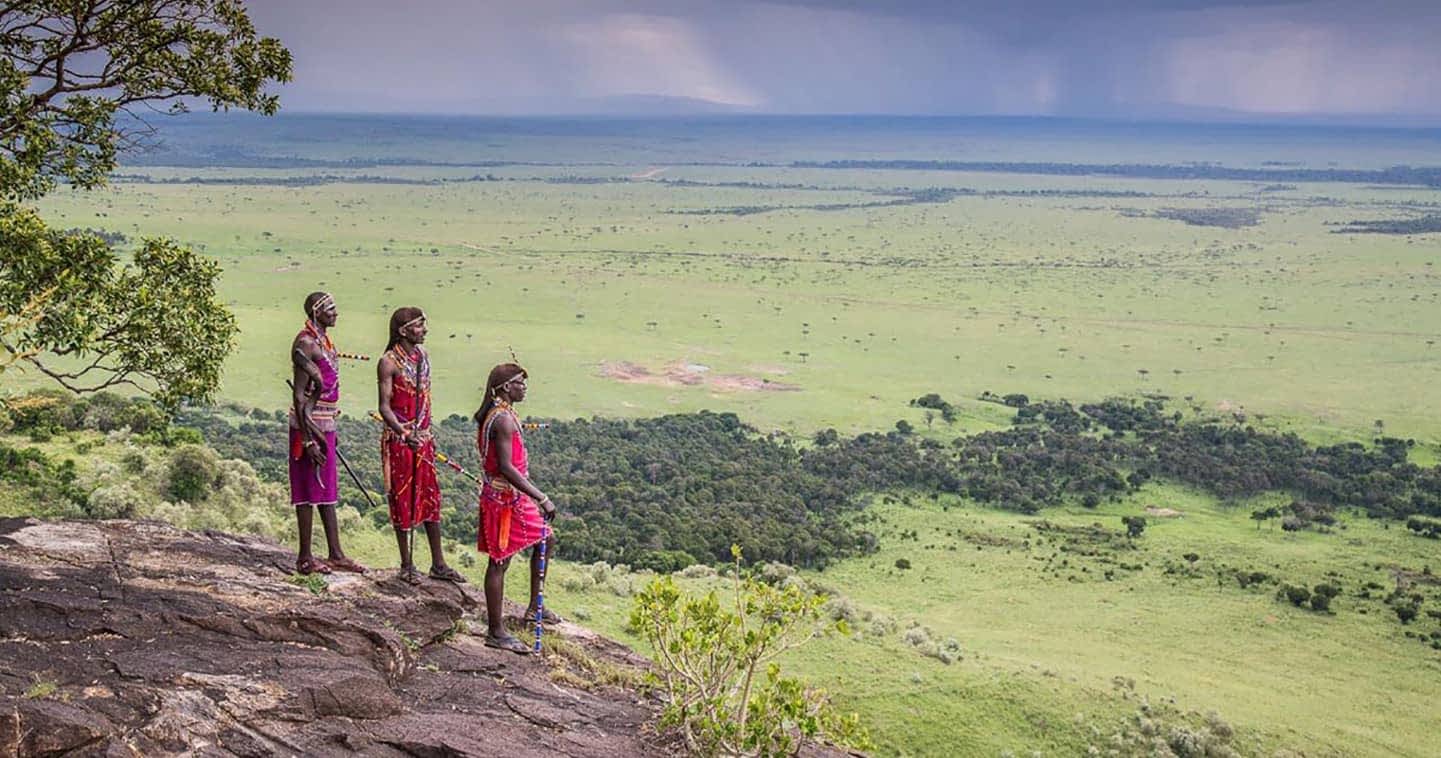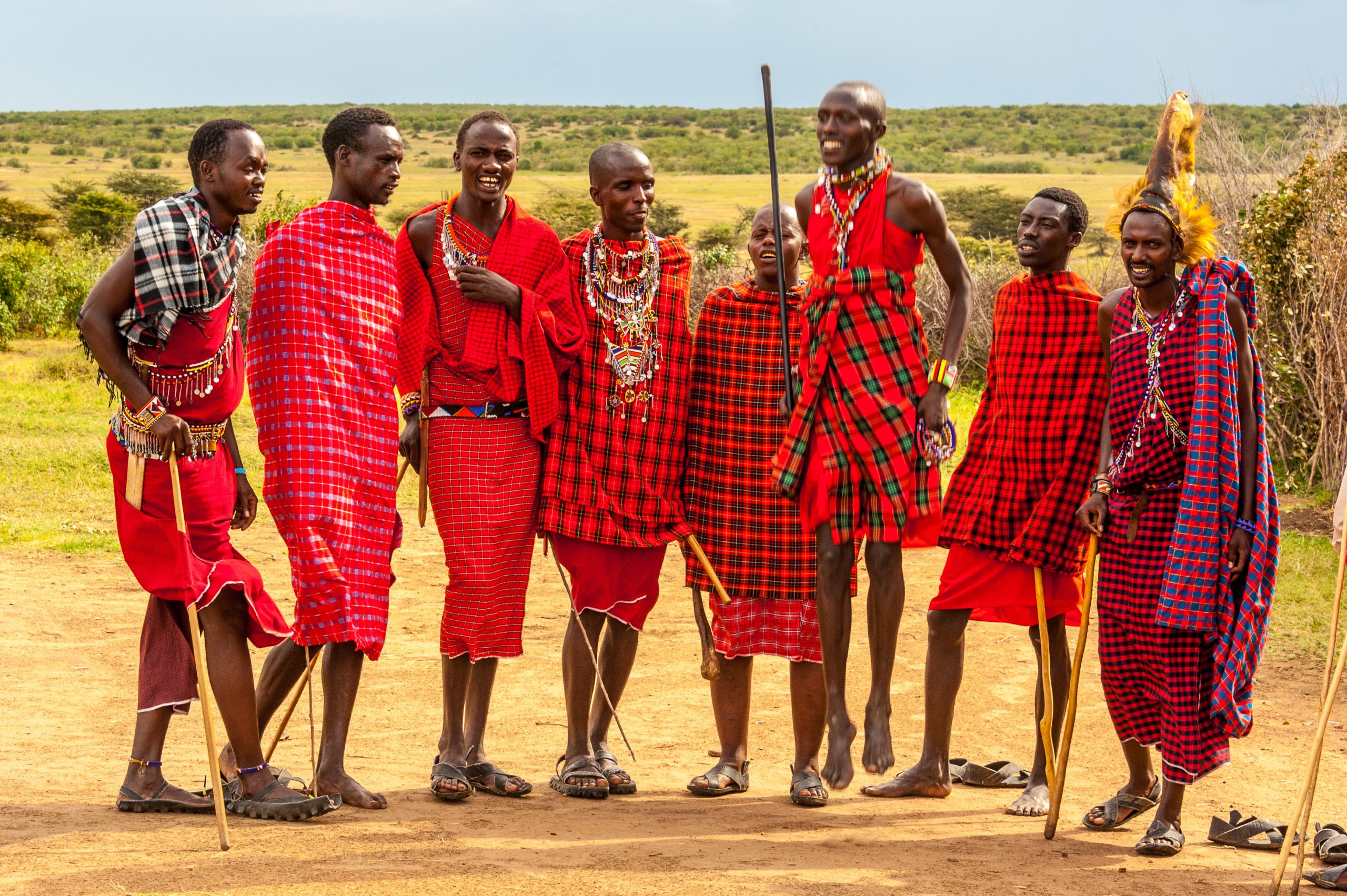
Travel Safety Tips for Kenya in 2025: A Comprehensive Guide
Travel Safety Tips for Kenya in 2025: A Comprehensive Guide. Kenya, with its breathtaking landscapes, iconic wildlife, and rich cultural heritage, is a top destination for travelers seeking adventure and exploration. However, like any travel destination, Kenya requires some preparation and awareness to ensure a safe and enjoyable experience. In 2025, Kenya continues to be a safe place for tourism, but it’s essential to be mindful of certain travel safety tips that will enhance your journey. Whether you’re planning a wildlife safari, coastal vacation, or cultural tour, these guidelines will help you stay secure and well-prepared throughout your trip.

-
Pre-Travel Preparations
Before embarking on your Kenyan adventure, it’s crucial to lay a solid foundation by being well-prepared. First and foremost, ensure that your travel documents, including your passport, visa, and any relevant permits, are up to date. It’s also wise to have copies of these documents stored digitally or kept separately in case of loss or theft. Additionally, familiarize yourself with Kenya’s entry requirements, which may include proof of yellow fever vaccination or other health protocols depending on global health guidelines in 2025.
Furthermore, consider purchasing travel insurance that covers medical emergencies, trip cancellations, and theft. This precaution provides peace of mind, knowing that you are financially covered in case of unforeseen incidents. As part of your preparation, research the areas you intend to visit, understanding the local customs, culture, and language, particularly Swahili. Knowing a few basic phrases can go a long way in fostering positive interactions with locals and enhancing your overall experience.
-
Health and Safety Precautions
Health is paramount when traveling to Kenya, and staying vigilant about health precautions is crucial. In 2025, travelers should be aware that malaria remains a concern in certain parts of the country, especially in areas below 2,500 meters in altitude. Therefore, it’s advisable to take anti-malarial medication, use insect repellent, and sleep under mosquito nets if you’re staying in areas prone to mosquitoes. Additionally, ensure that your vaccinations are up to date, including vaccinations for yellow fever, typhoid, hepatitis A and B, and tetanus.
On another note, hydration is key, especially in Kenya’s hot and sunny climate. While bottled water is widely available, it’s essential to avoid drinking tap water or consuming ice made from tap water to prevent waterborne illnesses. Similarly, practice caution when eating street food or dining at local establishments by opting for freshly cooked meals and avoiding raw fruits and vegetables unless you can peel them yourself. In the event of any health concerns, Kenya has several quality hospitals and clinics in major cities like Nairobi and Mombasa, but travel insurance will ensure that you have access to the best medical care if necessary.
-
Wildlife Safety
Kenya’s national parks and reserves, such as the Maasai Mara, Amboseli, and Tsavo, are world-renowned for their incredible wildlife. However, while these safaris offer unique experiences, it’s essential to follow certain guidelines to ensure your safety during wildlife encounters. Firstly, always maintain a safe distance from animals, particularly predators such as lions, leopards, and elephants, as they can be unpredictable. Even though the temptation to get a closer look may arise, it’s crucial to remember that these are wild animals, and sudden movements or loud noises can provoke them.
Additionally, if you’re self-driving through the parks, remain inside your vehicle at all times unless you’re in a designated safe area. Following the park’s speed limits and avoiding any off-road driving will help protect both you and the wildlife. Lastly, listen carefully to your guide’s instructions if you’re on a guided safari. They are experts in animal behavior and can guide you through potentially dangerous situations safely. As a general rule, respect the animals’ space and their natural environment, which not only ensures your safety but also contributes to wildlife conservation efforts.
-
Urban Safety in Cities and Towns
While Kenya’s wilderness offers adventure, the cities present a vibrant mix of culture and modernity. However, just like in any major city around the world, there are certain safety considerations to keep in mind while navigating urban areas like Nairobi, Mombasa, or Kisumu. One of the most important tips is to remain vigilant and be aware of your surroundings, especially in crowded areas such as markets, bus stations, and tourist attractions. Pickpocketing and petty theft can occur in these locations, so keep your belongings close and avoid displaying valuable items such as expensive jewelry, watches, or cameras.
Moreover, if you’re using public transportation, opt for registered taxis or ride-hailing services like Uber and Bolt, which are widely available in 2025. If you choose to use matatus (shared minibuses), be cautious of your belongings and avoid traveling late at night, as some routes may not be safe after dark. In case you need to withdraw money, use ATMs located inside banks or shopping malls rather than those on the street, and always keep an eye on your surroundings when handling cash.
Additionally, when visiting tourist attractions such as the Nairobi National Museum, the Giraffe Centre, or the historic Fort Jesus in Mombasa, try to travel in groups or with a trusted local guide. This not only enhances your safety but also provides you with deeper insights into Kenya’s history and culture. Lastly, stay updated on local news and avoid any demonstrations or large public gatherings, as political protests may occasionally occur, and it’s best to steer clear of such situations.
-
Respecting Local Culture and Customs
Respecting the local culture is not only important for social harmony but also for your safety. Kenya is home to diverse ethnic groups, each with its own traditions and customs. For instance, when visiting Maasai communities or other indigenous groups, it’s important to dress modestly and seek permission before taking photographs. Additionally, showing respect for local customs will go a long way in fostering positive relationships with the people you encounter during your trip.
Religious practices also play a significant role in Kenyan society, with Christianity and Islam being the two dominant religions. When visiting religious sites such as mosques or churches, ensure that you dress appropriately and follow any guidelines regarding behavior and attire. In coastal regions like Lamu and Mombasa, where Islam is prevalent, it’s particularly important to be mindful of local customs and dress codes. Furthermore, avoid discussing sensitive topics like politics or ethnicity with strangers, as these can be contentious issues.

-
Environmental and Sustainable Travel Tips
Kenya is a leader in conservation, and sustainable travel is highly encouraged to protect the country’s natural resources for future generations. When visiting national parks or wildlife reserves, adhere to the “leave no trace” principles by avoiding littering and respecting the environment. Moreover, support eco-friendly lodges and tour operators that prioritize sustainability and contribute to local communities.
Additionally, reducing your plastic usage is crucial in Kenya, as the country has strict regulations against single-use plastics. Carry a reusable water bottle, avoid plastic bags, and consider purchasing locally-made souvenirs to support artisans and promote sustainable tourism. By being a responsible traveler, you not only help preserve Kenya’s beautiful landscapes but also contribute positively to the local economy.
Conclusion
In conclusion, while Kenya offers an unparalleled travel experience, staying safe requires some forethought and careful planning. From ensuring your health through vaccinations and mosquito protection to respecting the local culture and wildlife, these travel safety tips for Kenya in 2025 will help you enjoy your journey with confidence. Whether you’re exploring the bustling cities or the vast savannahs, always remain aware of your surroundings and follow local advice. By doing so, you’ll ensure a memorable, safe, and enriching experience in one of Africa’s most captivating destinations.
Related Posts;






